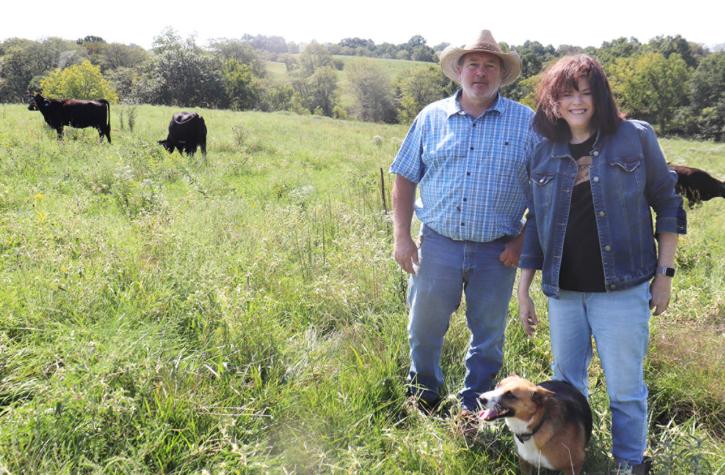
Forage, cattle producers embrace change in move from Colorado to Missouri
Tad and Kim Carnahan transitioned from Colorado to Missouri's agriculture, adopting rotational grazing and sustainable practices to enhance their cattle operation.
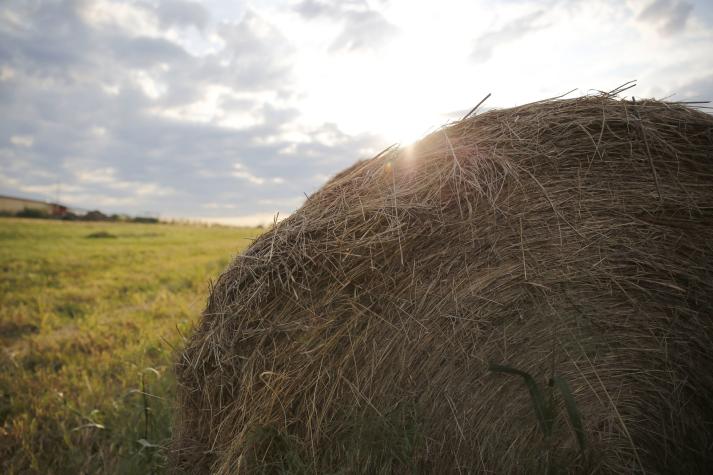
Proper outside large round bale storage reduces hay losses
STOCKTON, Mo. – “As hay season continues, I see a lot of large round hay bales being stored outside,” says University of Missouri Extension livestock field specialist Patrick Davis. If hay is not stored properly outside, farmers can see significant dry matter and quality losses. Factors that contribute to these losses include:
Pastures, goats benefit from grazing an invasive species
Goats grazing on invasive sericea lespedeza improve pasture quality and gain natural anti-parasitic benefits, according to University of Missouri research.
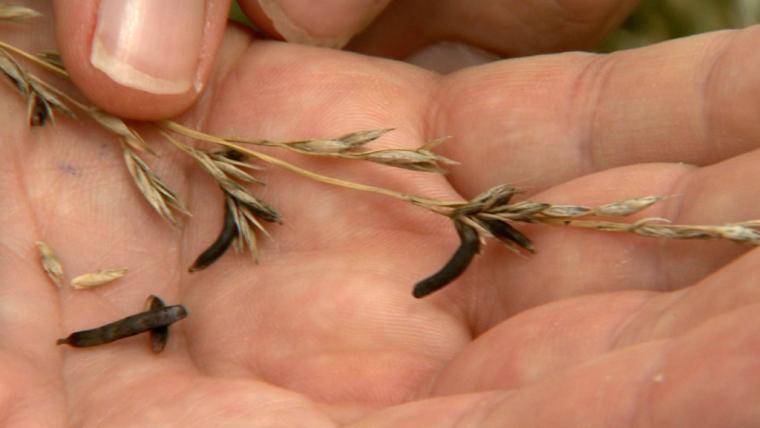
Be on lookout for ergot
COLUMBIA, Mo. – University of Missouri livestock and forage specialists are reporting ergot infestations that can cause major losses in livestock, said MU Extension state forage specialist Craig Roberts.
Use sacrifice pastures now to spare best cattle grazing pastures for later
STOCKTON, Mo. – If not managed properly, muddy pastures can affect grazing the rest of the year, says University of Missouri Extension regional livestock specialist Patrick Davis. “Cattle producers need to evaluate their pastures,” Davis says. Identify pastures that are thin and in need of renovation and consider using those as sacrifice pastures. Davis recommends consulting an MU Extension agronomist to grade pastures and make…
MU study looks at nitrogen products for pastures
MOUNT VERNON, Mo. – University of Missouri Extension forage researchers studied the effects of treated urea products on soil fertility, forage yield and quality.This information can help producers control risk on nitrogen investments, improve tall fescue forage yields and improve water quality.
Legumes improve pastures, grazing and profits
STOCKTON, Mo.- Add legumes to grazing pastures to improve cattle performance and forage production, says University of Missouri Extension regional livestock specialist Patrick Davis. Frost-seed clovers and lespedeza now, Davis says. They grow well with cool-season grasses in Missouri and improve spring and summer pastures.
Proper hay storage reduces waste, increases profit
Protect hay from spoilage, cut losses, and boost your bottom line with smarter storage and feeding practices.
Without forage test, hay by any other name is just hay
COLUMBIA, Mo. – Mature hay is hay. It may be brome hay, prairie hay or any other type of hay. But in the end, it’s just hay until it’s been tested. Forage tests tell the tale of whether hay is of good quality and nutrient-rich, says University of Missouri Extension livestock specialist Gene Schmitz.
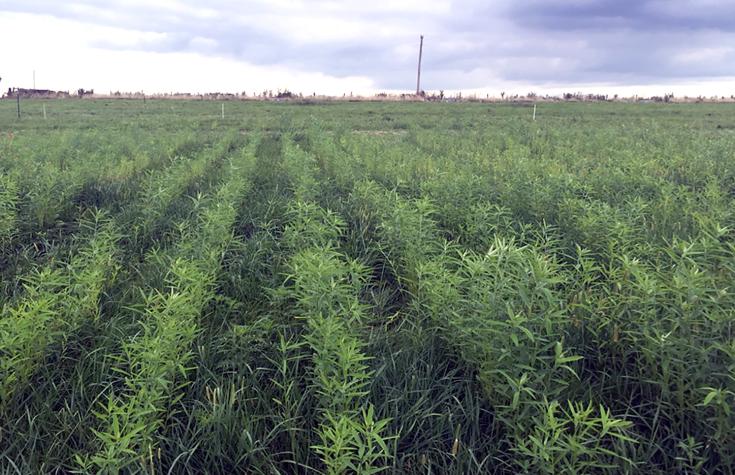
MU research: Sunn hemp benefits rotational grazing systems
Sunn hemp boosts rotational grazing by providing high-protein forage, improving soil health, and enhancing cattle gain while reducing summer slump.
Remove cool-season grass seed heads before they emerge
Manage tall fescue by removing seed heads early to boost forage quality and extend grazing and hay production.
Seeding oats and clovers now improves spring grazing
STOCKTON, Mo. – Now is the time to seed oats and clovers to improve spring cattle grazing resources and reduce costs, says University of Missouri Extension livestock specialist Patrick Davis. “Feed is a major cow-calf operation cost,” says Davis. Oats and clovers are forages to seed now to improve spring grazing resources and help reduce supplemental feed costs.
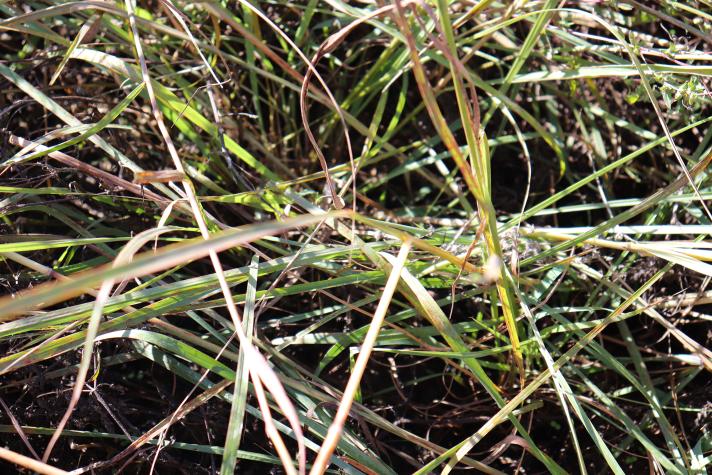
Purdy producer sees success in first-year warm-season crop
A Missouri farmer achieves strong first-year results with warm-season grasses, boosting forage and wildlife habitat.
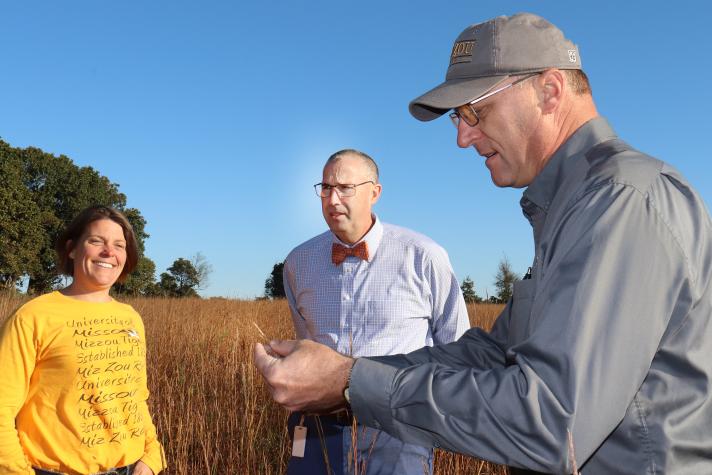
Warm-season grasses provide forage, wildlife habitat
Warm-season grasses boost wildlife habitat and provide resilient summer forage for cattle on Missouri farms.
